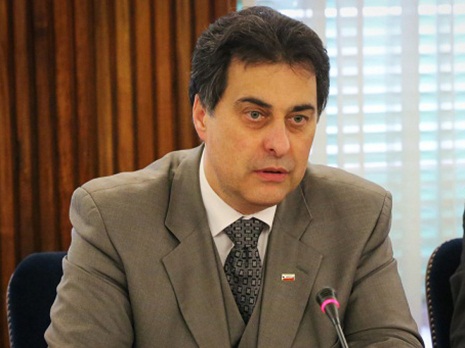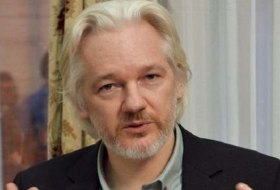Bervar said that each of these conflicts has its own history, and specificity.
He added that by taking into account all cultural and historical factors, the State Council of Slovenia could assist in resolving these problems.
“There was a war in Yugoslavia as well. In particular, Slovenia went through an 11-day war for independence,” he said. “Following this war, we sat down at the negotiating table and agreed on everything.”
All conflicts should be resolved through peaceful means, according to Bervar.
Ukrainian authorities launched a military operation in April 2014 against rebels in Donbass that were dissatisfied with the February coup. Around 5,600 civilians became the victims of the conflict, according to the latest data from UN.
Following the negotiations between the leaders of Russia, Ukraine, Germany and France in Minsk on Feb.12, the conflicting sides – Ukrainian authorities and militias – signed a document envisaging a truce as of Feb.15. The document was signed with the mediation of Russia and OSCE.
The conflict between Armenia and Azerbaijan began in 1988 when Armenia made territorial claims against Azerbaijan. As a result of the ensuing war, in 1992 Armenian armed forces occupied 20 percent of Azerbaijan, including the Nagorno-Karabakh region and seven surrounding districts.
The two countries signed a ceasefire agreement in 1994. The co-chairs of the OSCE Minsk Group, Russia, France and the US are currently holding peace negotiations.
Armenia has not yet implemented the UN Security Council`s four resolutions on the liberation of the Nagorno-Karabakh and the surrounding regions.
More about:














































